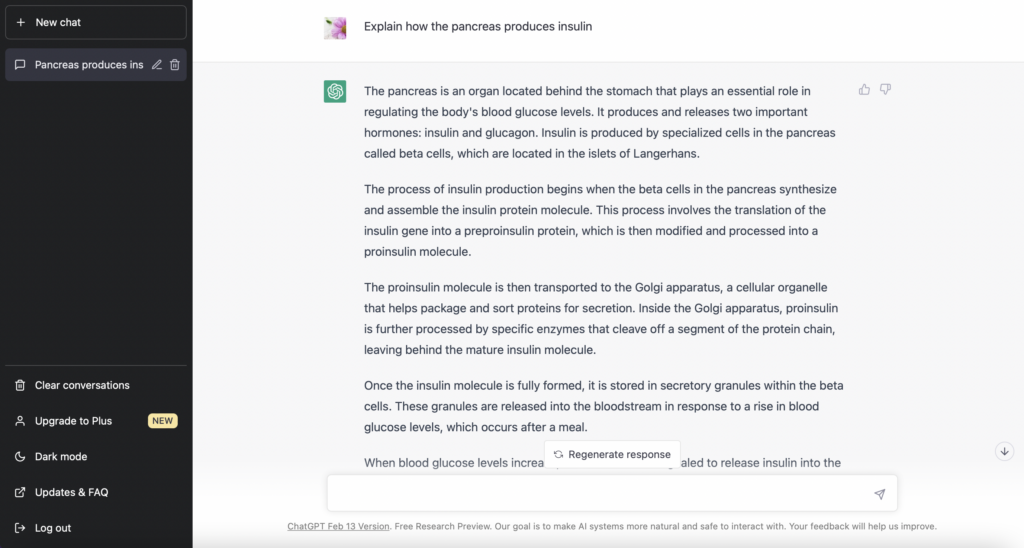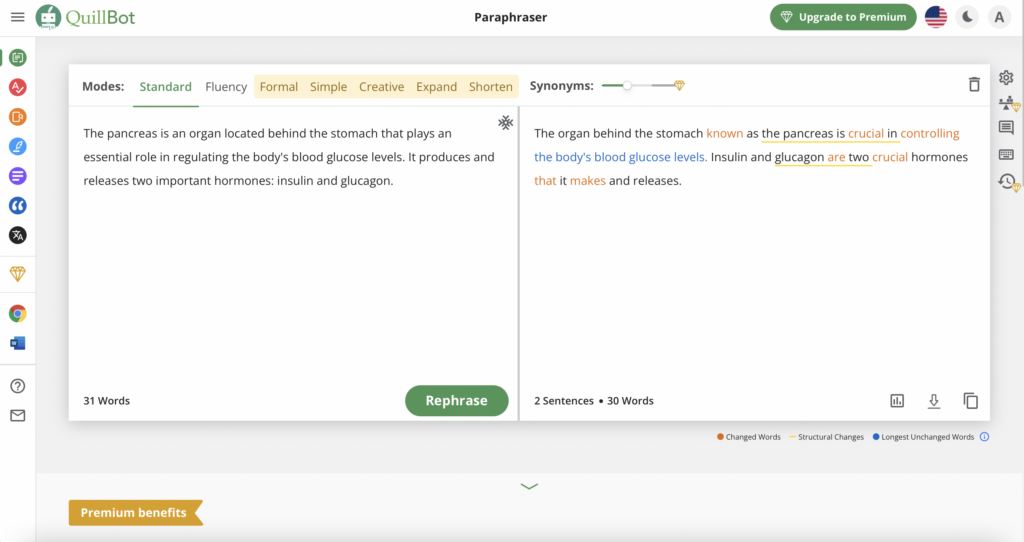This week I examined Generative Artificial Intelligence, also referred to as AI, tools (i.e., ChatGPT, Quillbot, and ChatSonic) which have become increasingly popular in recent years. While AI tools can improve and support the learning of students, there are many concerns and issues regarding the ethics and accuracy of these tools.
My thoughts on this week’s readings:
As shown below, I wanted to share my thoughts and opinions on two of the readings this week that particularly stood out to me.
I found the reading by Bruff (2023) to be very eye opening in terms of the significance of educating students about how Generative Artificial Intelligence tools function and how these tools raise issues about the accuracy of generated information. The image of the character Paddington Bear on the beach showcases how easy it is for the AI image generator tool to create false yet very real-looking images. It was also very interesting to learn that a significant amount of the information on ChatGPT is retrieved from reddit posts, which raises concerns about the reliability and accuracy of the data this tool provides. Therefore, it is very important to inform students of how these tools gather information.
I very much agree with the concern that individuals can claim ownership for information they retrieved from large language models as suggested in the reading “Tools such as ChatGPT threaten transparent science; here are our ground rules for their use.” This is very problematic and so the reading suggests that regulations must be put in place to prevent false ownership from occurring. The regulations state that large language models should not be acknowledged as an author on scientific reports and that large language model tools must be referenced. I agree with these rules because I think it is extremely important for individuals to take ownership of their own work and if using information from AI sources, it must be credited.
My experience experimenting with Quillbot, ChatGPT, and ChatSonic:

I have never used ChatSonic before but had a lot of fun making a wallpaper! The prompt I searched for was “create an HD wallpaper with an ocean and sea stars on the sand.”

ChatGPT is also very unfamiliar to me as I have never used this tool before. I searched “explain how the pancreas produces insulin” because I am currently learning about this topic in one of my biology classes. I was curious to see how the information provided by this tool would differ from what I have learned in class. However, after reading through the content provided by this tool, it is actually very similar to what I was taught in class.

I copied and pasted the first two sentences of the information provided by ChatGPT on how insulin is produced by the pancreas into Quillbot. I am familiar with this tool and do find it useful while reading complex research papers to rephrase certain parts of the article that I find confusing. It can be beneficial to read sentences in a different format to better understand the meaning.
Reflection Questions
- Have you used AI applications before? If you have, what have you used them for? What apps have you come across that are not in the Explore section that you’ve found useful?
- I have used AI applications before such as Quillbot and Duolingo. I specifically find Duolingo to be extremely useful at helping me to remember Greek that I have learned previously. I went to Greek school for 10 years but have forgotten a lot of words that I used to know. Duolingo has been great at rekindling my forgotten knowledge!
- What guidelines do you think should be in place to guide their use in an educational institution? What factors should be considered?
- All AI tools used must be referenced on projects, assignments, and papers (Bruff, 2023).
- AI tools cannot be acknowledged as an author on research reports (Bruff, 2023).
- I think the accuracy and reliability of AI tools need to be considered. Professors should restrict the range of AI tools students can access when completing certain assignments to reduce potential bias, discrimination, and inaccuracy of information.
- What ethical concerns do you have about the use of some of these tools?
- I am very concerned about bias and discrimination within these tools as they may favour some information over others.
- There are also privacy and security issues with these tools as companies may collect and gather the data inputed by users. Additionally, I have privacy concerns because users are required to give personal information when accessing these tools such as their name and email.
References
Bruff, D. (2023, March 14). Three things to know about AI tools and teaching. Agile Learning.
Hello Alexa,
Very thoughtful and insightful reflections to your readings this week! I really like the wallpaper you’ve created using AI Tools. I like how you related the prompt of ChatGPT to your current topic in your learning, I did that as well and thought it was very insightful and easy way to gather information although I do agree that accuracy and reliability of the data might be an issue with this tool. Thanks for sharing!